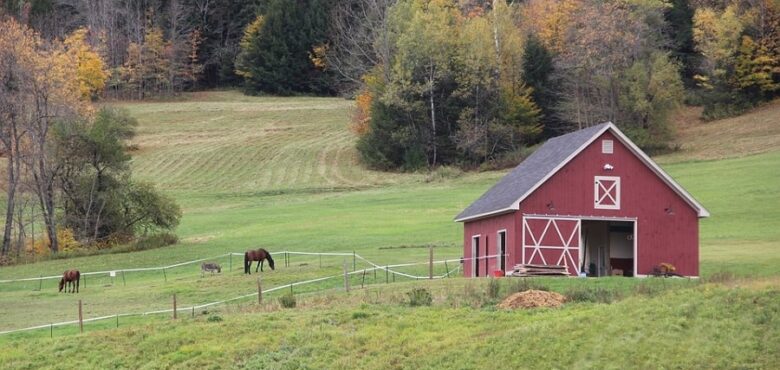Category:

- October 7, 2021
From Farm to Table and How You Can Cash In
For the longest time, it seemed as if the bigger farming groups were out to absorb smaller farms and especially those start-up farms that specialized in organic and more natural ways of producing food.
But another industry has been slowly rising the ranks in fresh food produce. Those are the farms close to urban centers where restaurants and hotels demand newer, organically grown food. This presents exciting investment opportunities for those who believe in the idea, but also now that the industry is starting to notice and consumers are demanding more ethically sourced food.
Now, it’s not as easy as you might think, and there are challenges to be had for sure. Still, for the entrepreneurially minded investor, there are some exciting opportunities to look into.
But First
There are going to be a large number of people telling you why this could be risky and why you should think twice about it, and an online search will give you plenty of examples. But we would say, take a look at the source of those articles, work back from the advice, and see who is publishing those warnings.
The industry is growing fast, and many folks instead it didn’t, so the golden rule as always, do your research thoroughly, speak to the players in the location you’re interested in, and fully understand the business before putting your hard-earned cash into it.
With all of that being said, let’s put some of the naysayers to rest and look at the opportunities you could be capitalizing on.
What it comes to this level of investing, starting up or going it alone, you’ll want to be part of groups that can help you understand the benefit of associations. Check out this advice here, which though not directly concerned with this type of idea, still has some good advice in it anyway.
Why Do We Need Small Farms Anyway?
As this article from National Geographic lays it out pretty simply, the #1 reason we need more small farms is that ordinary people can get in on the action and stake their claim to self-sustainability. It is also markedly easier for restaurants and hotels and other companies involved in food production and hospitality to deal with smaller, locally-based producers than the “big boys,” who often are less inclined to negotiate along with price points.
Small, local farmers have a smidge more room to negotiate because they’re cutting out the middle man, agents, and auctioneers, and they understand how their financial model works, and this usually translates into a greater willingness to meet you “halfway” if you’re a restaurant in town.
What does this mean for an investor like you? Simply put – a little goes a long way. You don’t necessarily need millions of dollars to become a player, and a few thousand dollars earmarked for specific developmental projects can make you part of the food revolution that this country has needed for some time. As you progress along with the ranks, you can start investing more aggressively and thus see greater returns.
Investment in Infrastructure
This is usually where the smaller farmer will offer the most significant opportunities for you. Irrigation is expensive and sophisticated; water-wise solutions don’t come cheap. These types of technological advancements often stop the smaller farmers from competing with the “big boys.” So when you’re doing your assessments, see what kind of water management they’re using; you may need to approach companies with water tanks for sale that help preserve water during drier periods but keep production ongoing where they otherwise may have had to scale back. Every business needs advice on succeeding, so whether you’re investing or planning on getting your hands dirty, you’re no exception.
Savvy entrepreneurs know to look not so much at what’s happening right now, but with their guidance and financial support, they could turn into something more significant later on.

